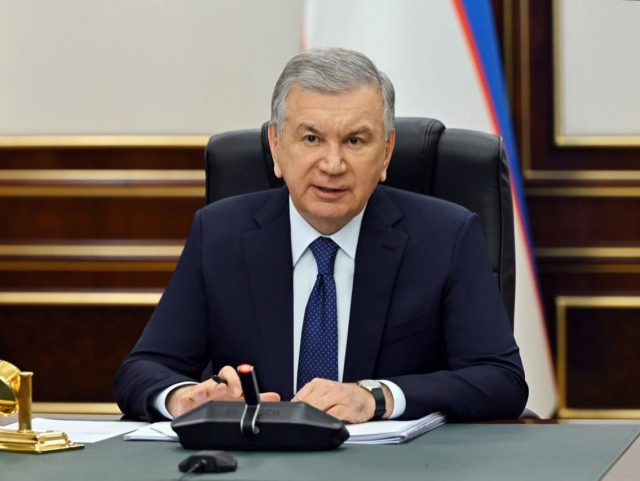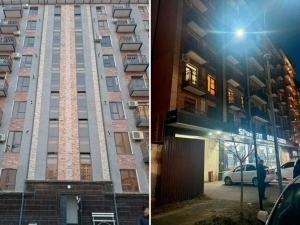President issues directives on energy conservation
Local
−
26 March 2025 38051 2 minutes
Uzbekistan plans to save 1.1 billion cubic meters of natural gas and 2.6 billion kilowatt-hours of electricity by 2025. This was announced today, March 26, during a meeting chaired by President Shavkat Mirziyoyev on energy conservation, efficiency improvements, and the rational use of resources.
According to reports, following the President’s directives and building on last year’s experiment, energy-saving opportunities across the country are being studied scientifically with the involvement of experts. Research conducted in Samarkand, Syrdarya, and Jizzakh has identified ways to save 870 million kilowatt-hours of electricity and 420 million cubic meters of gas. For example, replacing approximately 35,000 outdated machines in small and medium-sized industrial enterprises in these regions could save 385 million kilowatt-hours of electricity and 50 million cubic meters of gas annually.
There are also significant energy-saving opportunities at the district and neighborhood levels. By constructing 100-megawatt small solar power plants in 300 neighborhoods, Uzbekistan could save 45 million cubic meters of gas this year. Additionally, more than a thousand micro-hydropower plants built on canals and streams are expected to generate an additional 175 million kilowatt-hours of electricity.
Street lighting currently consumes 200 million kilowatt-hours of electricity annually. Installing solar-powered streetlights could cut this consumption in half.
“In light of these opportunities, an additional plan has been adopted to save 1.1 billion cubic meters of natural gas and 2.6 billion kilowatt-hours of electricity this year,” the presidential press service reported.
President Mirziyoyev stressed the importance of equipping large industrial enterprises with modern energy-efficient technology and reducing energy waste. The government has been tasked with implementing a new system for monitoring and enforcing these measures.
The meeting also highlighted the need to foster a culture of energy conservation in workplaces and homes. Reducing unnecessary electricity and gas consumption, as well as adopting solar panels and other alternative energy sources, will contribute significantly to savings.
Given the high population density in the Fergana Valley, a tailored approach will be developed to ensure energy supply in this region. This experience will gradually be introduced in other areas.
For reference, Uzbekistan’s population is projected to reach 41 million by 2030, while the economy is expected to double in size. This will increase energy demand by 1.5 times compared to current levels.
Live
All




